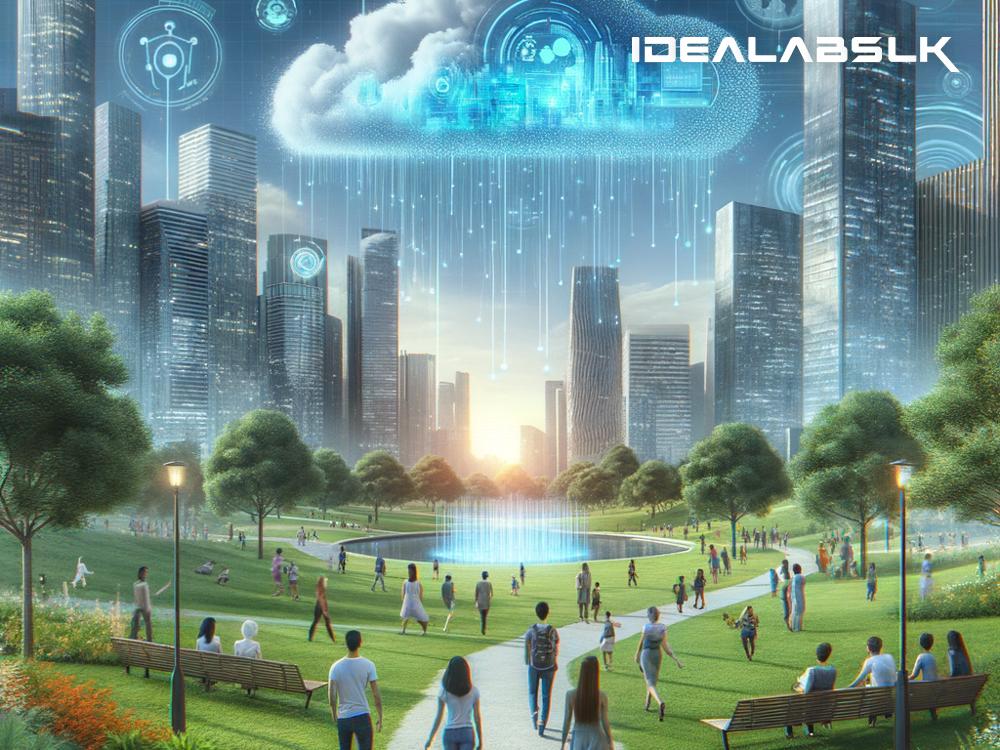AI-Powered Environmental Interactions: How Your Surroundings Will React in 2025 Games
Video games have come a long way, haven't they? From the days of simple pixelated characters bouncing across the screen to today's near-photorealistic landscapes, it’s been quite the journey. And as we move forward, one of the most exciting frontiers of video game development is the use of Artificial Intelligence (AI) to make the worlds we explore not just beautiful, but smart. So, what can gamers expect in 2025 when it comes to AI-powered environmental interactions? Let’s dive in.
A World that Notices You
Imagine stepping into a virtual forest, and instead of the usual pre-programmed scenery, the environment actually notices your presence. Trees might sway more noticeably as you pass, perhaps even critters scurry away, reacting to your movements. This isn't just about making things look pretty; it's about creating a world that feels alive, one that reacts and changes based on what you do.
By 2025, AI is expected to drive these environmental interactions to a new level. Rather than having a few pre-set animations that play when you hit a trigger point, advanced AI algorithms could analyze your behavior in real-time, adjusting the world in ways that are unique to your playthrough.
Dynamic Weather Systems That Affect Gameplay
Weather in games can be pretty to look at but imagine if it actually impacted your strategy. In the games of 2025, AI-powered weather systems could do just that. A sudden rainstorm might not just be a visual spectacle but could make surfaces slippery, affecting movement or even revealing hidden paths or objects due to the change in terrain or water levels.
AI could also predict player behavior and adjust weather patterns accordingly to provide challenges or assistance, making each playthrough truly dynamic and immersive.
AI That Understands and Adapts to Emotions
One of the most anticipated uses of AI in next-gen gaming is emotional recognition and adaptation. Through advanced algorithms and perhaps even integrating biometric data, games could begin to understand player emotions and manipulate the environment in response.
Feeling frustrated after several failed attempts at a puzzle? The game might dial down the difficulty slightly or offer subtle hints through environmental clues. Overwhelmed in combat? Ambient music and lighting could dynamically alter to provide a more calming atmosphere, potentially helping to steady your nerves.
Architecture That Evolves
Cities and buildings in future games won't just serve as backdrops for the action; they'll be participants. Imagine a dystopian adventure game where the AI-controlled city recognizes your tendency to move stealthily through shadows, and in response, streetlights flicker or even shut down in certain areas to offer you more cover.
Or, in a more positive light, a city that gradually cleans up and repairs itself as you rid it of crime and corruption, reflecting the changes your actions have brought about. The architecture itself could become a character, evolving and adapting in real-time.
Ecosystems That Grow With You
Ecosystems in game environments often feel static, but with AI, they could evolve based on player interaction. Hunt too much wildlife in a particular area, and you might find the population dwindling, impacting both the food chain and your ability to gather resources. Conversely, if you help in the restoration of a forest, you might see it flourish, attracting new species and opening up new opportunities and challenges.
By 2025, these ecosystems could be so sophisticated that they provide a completely unique experience to each player, reflecting the consequences of their actions in unforeseen and exciting ways.
The Future is Interactive
As we look towards the future, it's clear that AI will play a pivotal role in transforming video game environments from static canvases to dynamic, interactive worlds. Gone will be the days of predictable gameplay and one-size-fits-all challenges. Instead, every tree, every storm cloud, and every building in the virtual worlds of 2025 will react, adapt, and evolve based on how you, the player, engage with them.
This isn't just the future of gaming; it's the future of storytelling, where the environment itself becomes a character, and your actions have a palpable impact on the virtual world around you. So, gear up, gamers. The worlds we're about to explore are about to get a whole lot smarter.

